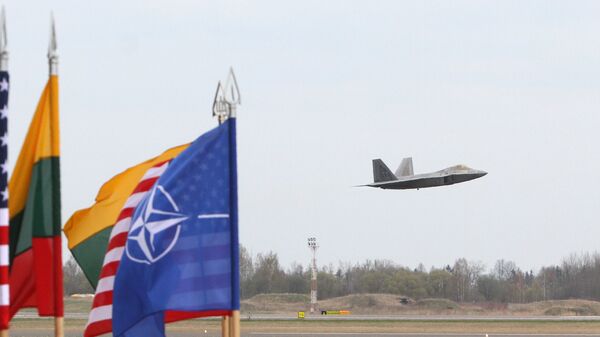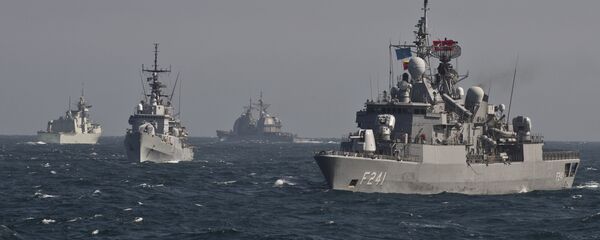The alliance "was brought into existence to wage the Cold War. The Cold War ended, but, unfortunately, unlike the Warsaw Pact, which consisted of the Soviet Union and the Eastern European countries, NATO decided to stay in existence," he said.
The Warsaw Pact was dissolved 25 years ago, on July 1, 1991. It appears to be no coincidence that a summit that NATO refers to as "landmark" is taking place in the Polish capital at a time when the bloc views Russia as one of the key security threats.
The bloc bills itself as an organization determined to uphold peace in Europe and "project stability" beyond its borders, but Hornberger does not think this is the case. The analyst, who advocates non-intervention, described the organization as "an instigator of crises."
NATO "produces crises in order to justify its own existence. We see that in Ukraine, where NATO was coming all the way up to Russia's borders, when Russia finally reacted. We see NATO's participation in Afghanistan, in the Middle East. It is just a cauldron of death and destruction," he explained.
Meanwhile, NATO has focused its attention on countering Russia. Hardly anyone doubts that the organization will reinforce its anti-Russian policies at its ongoing summit in the Polish capital.
Dmitry Suslov, program director at the Foundation for Development and Support of the Valdai Discussion Club echoed this sentiment. NATO will strengthen its strategy of countering Russia in military and political areas, he told the Izvestiya newspaper. The alliance will most likely "reaffirm its commitment to the open doors policy."
Executive director of the Ron Paul Institute for Peace and Prosperity Daniel McAdams offered his take on why NATO seems to be so intent on annoying Russia.
"Russia is the big enchilada. If you can get Russia as your adversary, if you can create this impression that there is this huge monolith, then everyone is going to clamor for protection that NATO bureaucrats and the military-industrial complex are so happy to provide," he explained.
For their part, Russian officials have repeatedly urged NATO to revive diplomatic ties and resolve any issues through negotiations. Moscow has also said that it does not pose any threat to its neighbors or beyond.



